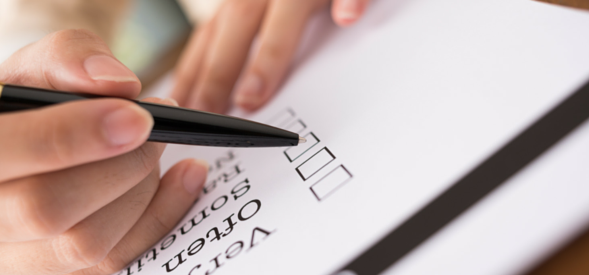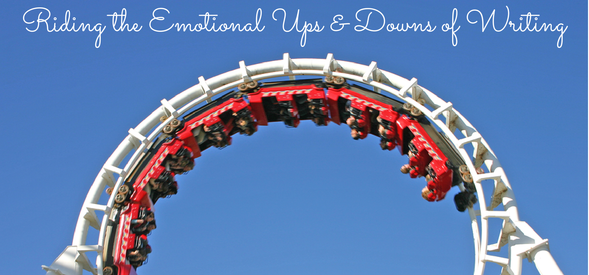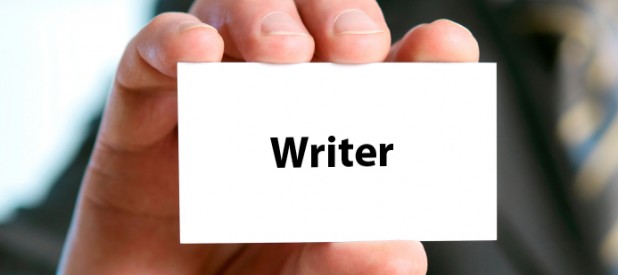I’m working on prepping a class called “Called to Write: How to Align Your Daily Actions with Your Soul’s Deeper Purpose” and I’d love to have your input.
If you can spare a few minutes of your time to fill out a short survey, I would be grateful!
Everyone who participates will be entered into a random drawing to win a print copy of The War of Art or Turning Pro, two of my favorite books by Steven Pressfield. Multiple copies are available, courtesy of the lovely Callie Oettinger at Black Irish Books, so there will be multiple winners!
The drawing will be held on Wednesday, August 26th and winners will be announced then.
You can enter the drawing and participate in the survey by clicking here.
Thank you so much!


 Note from Jenna: This guest post from one of my screenwriting colleagues and best friends, Isabel Holtreman. Isabel is a talented writer and is one of my most trusted feedback sources, both for my writing itself and for emotional support around the challenges of writing. I’m thrilled she was willing to take the time to talk with us today about navigating the emotional ups and downs of writing, and how she does it.
Note from Jenna: This guest post from one of my screenwriting colleagues and best friends, Isabel Holtreman. Isabel is a talented writer and is one of my most trusted feedback sources, both for my writing itself and for emotional support around the challenges of writing. I’m thrilled she was willing to take the time to talk with us today about navigating the emotional ups and downs of writing, and how she does it.


